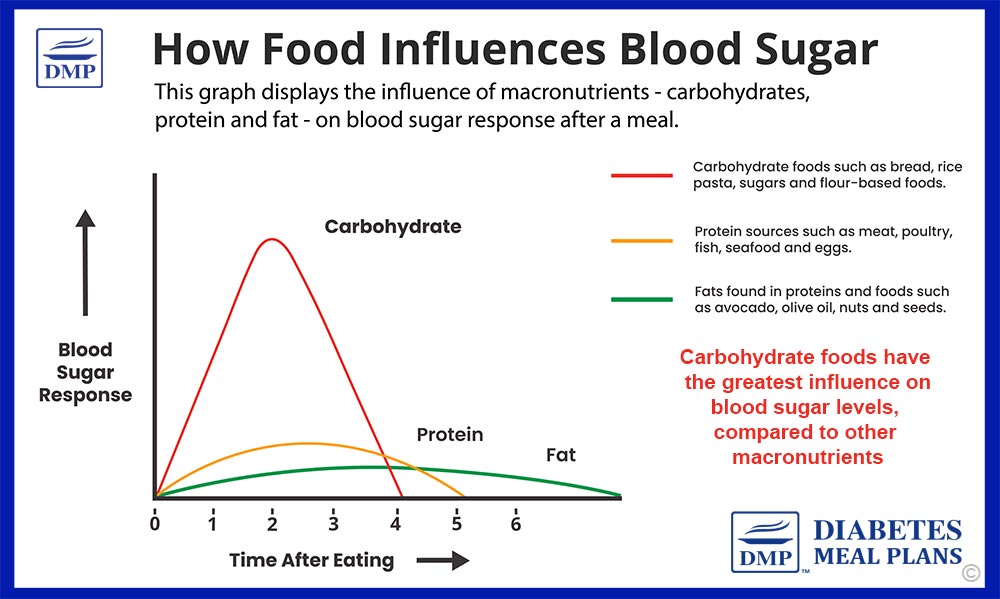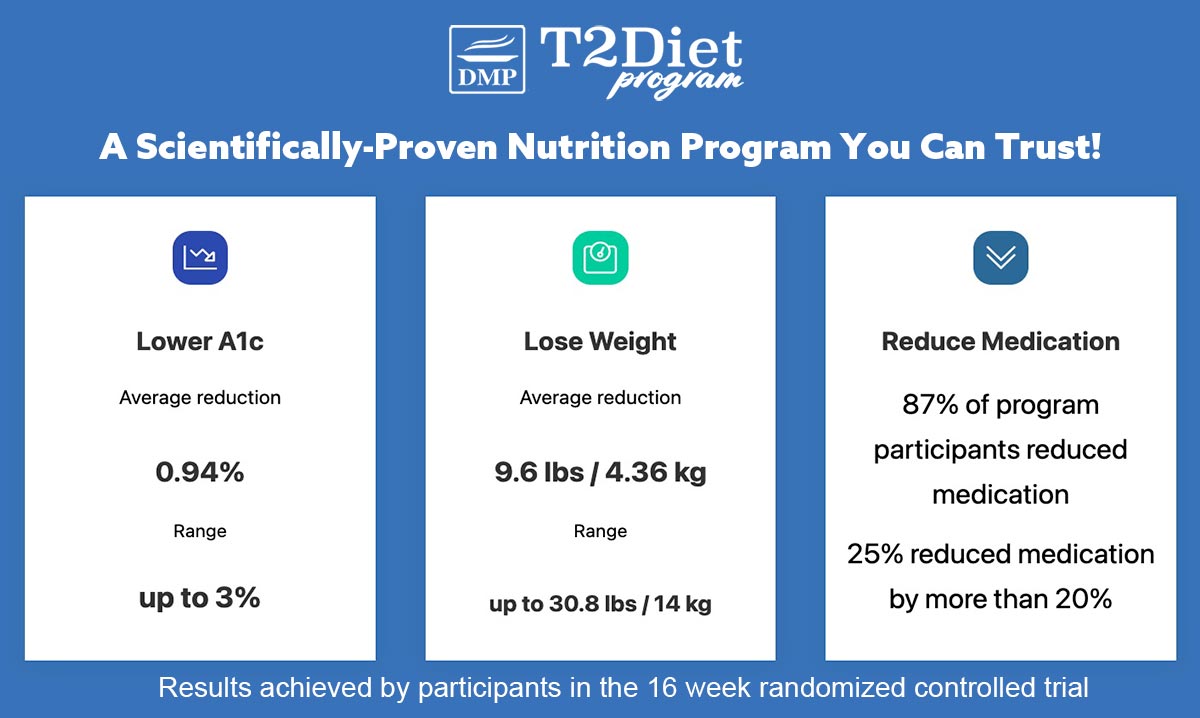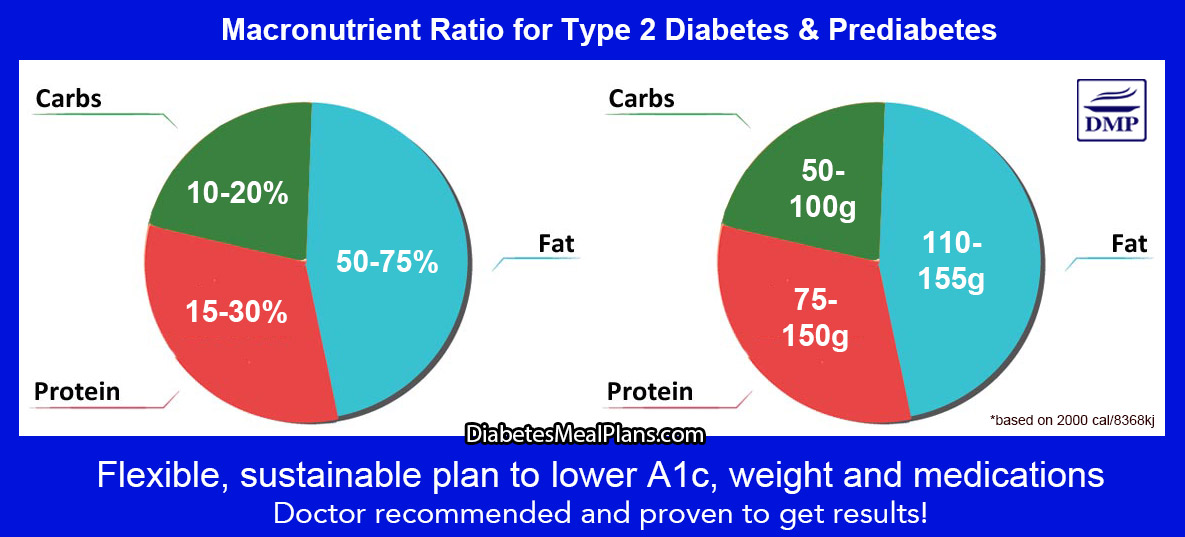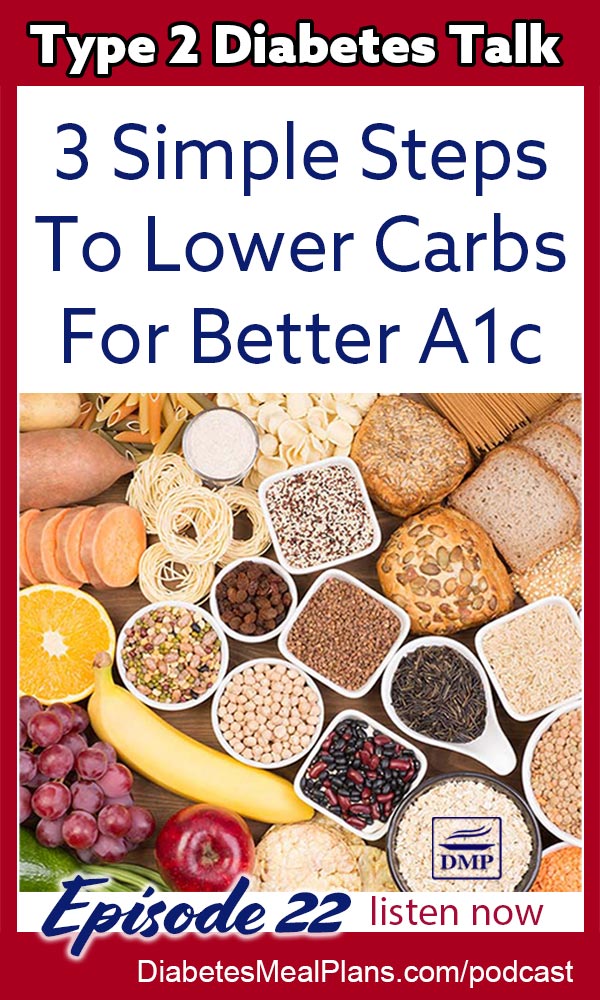Discover the power of an eating plan that prioritizes healthy fats and proteins over carbohydrates, and learn why this approach may not only reduce HbA1c levels but also diminish the reliance on diabetes medications, setting the stage for a healthier you, with 3 easy practical ways to get started to better A1c results.
LISTEN TO THE PODCAST
CHAPTERS
1:03 Goal of type 2 diabetes and prediabetes treatment
4:18 The importance of carbohydrates
7:21 Evidence for low carb diets
12:15 Overcome carb insanity
13:37 3 steps to lower carbs
Support the podcast by leaving a 5-star rating and review on Apple, Spotify or our Website – Thank You!
3 Simple Ways to Lower Carbs For Better A1c Results
Carbohydrate reduction has long been a cornerstone in the management of type 2 diabetes and prediabetes. Despite this, a high-carbohydrate, low-fat diet has predominantly been recommended in routine healthcare settings – by doctors, dietitians, diabetes educators and other health practitioners; a practice that seems counterintuitive given the impact carbohydrates have on blood sugar levels.
The essence of diabetes treatment, both for type 2 diabetes and prediabetes, revolves around achieving optimal blood sugar control. This is typically assessed through the hemoglobin A1c (HbA1c) test, which gives an average blood glucose level over the past three months. Ideal HbA1c levels are below 7.0% for those with type 2 diabetes and below 5.7% for prediabetes. Achieving these levels can significantly reduce the risk of complications and improve overall health.
While medication plays a role in managing diabetes, it’s clear that diet and lifestyle interventions are recommended at every stage of diabetes management. Unfortunately, this isn’t always the case, with many relying solely on medication – it is possible to deprescribe diabetes medications!
Research has consistently shown that diet and nutrition changes can lead to HbA1c reductions comparable to, or even greater than, those seen with diabetes medications. We know this because we’ve been helping people treat diabetes naturally, for more than a decade.
Dietary management, especially carbohydrate reduction, is crucial due to the significant impact carbohydrates have on blood sugar levels.

Benefits of Lower Carb Diets For Diabetes
Over the years, low-carbohydrate diets have emerged as a highly effective approach for managing diabetes, supported by a wealth of evidence – including our own evidence with the T2Diet Program clinical trial. All the research has demonstrated the benefits of lower carb diets in achieving better blood sugar control and reducing medication requirements – no other diets have been able to achieve such powerful outcomes!

The benefits of a low-carbohydrate diet for diabetes extend beyond blood sugar control. Systematic reviews have shown significant improvements in cardiovascular risk factors, including increases in HDL cholesterol, decreases in triglycerides, and reductions in systolic blood pressure.
Additionally, a notable reduction in medication requirements for diabetes has been consistently reported, highlighting the metabolic improvements achievable through dietary changes. And again, no other diets have been able to achieve such powerful outcomes!
Low Carb Diets Defined
Generally, a low-carbohydrate diet typically consists of 10-26% of total daily energy intake from carbohydrates, equating to 50-129 grams per day in a 2000 calorie diet.
However, Dr Jedha recommends a carbohydrate range of 10-20% for best results, or a range of carbs between 50-100 grams per day.

Following a lower carb eating plan has been shown to not only improve glycemic control but also to be sustainable in the long term, addressing the challenge of diet adherence that many face.
3 Simple Steps To Lower Carbs
Despite the overwhelming evidence supporting the efficacy of low-carbohydrate diets, adopting such an eating plan may seem daunting to you.
By focusing on three simple steps, you can make significant strides in reducing your carbohydrate intake:
1. Emphasize Non-Starchy Vegetables: Prioritize vegetables that grow above ground, such as tomatoes, zucchinis, artichokes, and spinach.
These vegetables are low in carbohydrates and high in dietary fiber and other nutrients, making them ideal for carbohydrate reduction.
2. Minimize High-Carbohydrate Foods and Drinks: Avoid or limit foods and beverages high in added sugars and refined grains.
This includes sugary sodas, juices, and foods made with white flour. By cutting down on these items, you can significantly reduce your carbohydrate intake.
3. Choose Whole Foods Over Processed Foods: Focus on nutrient-dense, whole foods instead of processed and packaged options.
Whole foods are not only lower in carbohydrates but also provide essential nutrients necessary for optimal health.

Consistency Is More Important Than Perfection
Adopting a low-carbohydrate diet doesn’t require perfection. Consistency and balance are more important, allowing for occasional treats while maintaining overall dietary goals.
This approach is not only practical but also sustainable, offering flexibility and a variety of food choices that can fit into any lifestyle.
By incorporating these 3 simple strategies into your daily routine, you’ll see incredible improvements in your blood sugar levels and overall health.
Remember, the goal is to make manageable changes that contribute to long-term success in managing diabetes, and the most important thing is consistency!
By focusing on reducing carbohydrate intake by choosing non-starchy vegetables, minimizing high-carbohydrate foods, and choosing whole foods, you can achieve optimal blood sugar and A1c levels, improve your overall health, and most importantly, reduce or stop medications.
With type 2 diabetes and prediabetes, diet and nutrition are your primary treatment strategy!
Get proven practical help and support: Join Us As A Member Today
Subscribe to Type 2 Diabetes Talk on: Apple | Spotify | Amazon Music | Audible | YouTube | Podcast Index | Player FM | and more…


Rob
Given my personal experience with a low carb diet I’m amazed at how many doctors and dieticians still recommend a diet high in the type of foods that impact blood glucose levels the most. At least it appears that both the American and Canadian diabetes associations are now recognizing the effectiveness of low carb diets. When I was first diagnosed with T2 diabetes (A1C of 6.7) in September 2020, I immediately went on a keto diet and started to walk daily. After 3 months or so my lab test revealed that my A1C had dropped to 5.5. I also saw big improvements in triglycerides and HDL-C. In the past year and a half I started introducing more plant-based foods (beans, brown rice, more fruits and veggies,etc.) into my diet and my numbers started going in the wrong direction – A1C increased to 6.2. I returned to my low carb diet and after two months my A1C dropped to 5.9. My doctor is impressed by the improvements and encouraged me to stay on my diet. She is monitoring my sodium and potassium levels and kidney health as well. More tests coming up in August so I’m expecting/hoping that my A1C will be back to 5.5 or lower. My carb intake at the moment is at or below 50g/day. I’m hopeful that I can maintain levels < 5.7 with a carb intake in the 50-100 range.
Theresa DeBon
This information is sensible, do-able and presented very well. Thank you for sharing this with us.
Debra Robertson
Is this weight loss plan covered by insurance?
Dr Jedha - Nutritionist (PhD)
Some insurers may cover online weight loss or nutrition plans, you’d have to check directly with them.